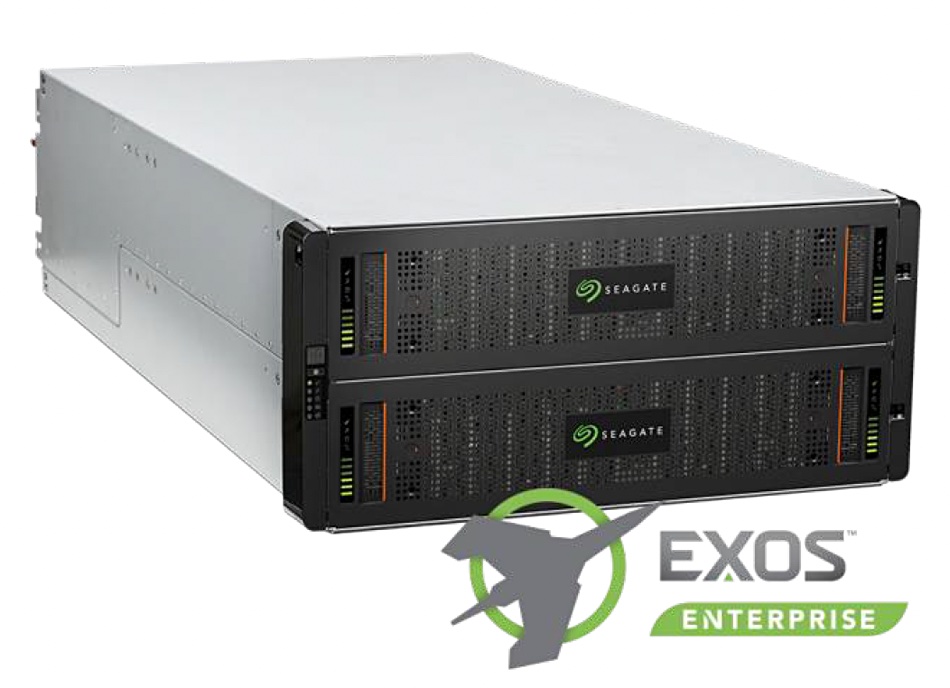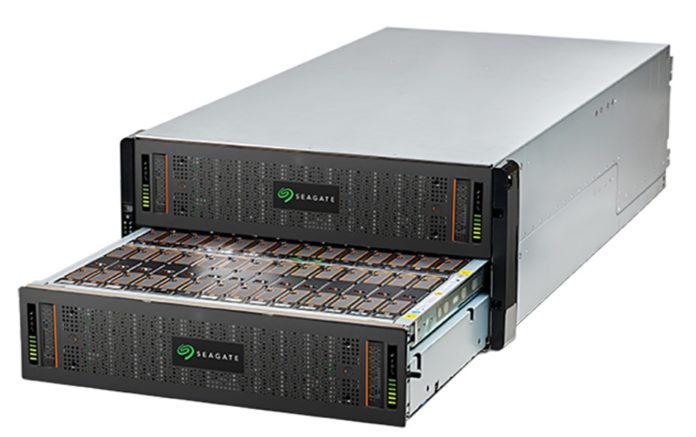…
Ascend.io says Snowflake users can put workloads on autopilot with Ascend’s Data Automation Cloud. This automates data ingestion, transformation, delivery, orchestration, and observability using Ascend’s DataAware intelligence. The Ascend Data Automation Cloud analyses and monitors end-to-end workflows, tracking and optimising the movement of up to trillions of records, and dynamically responds to changes in data, schema, and code within seconds, giving Snowflake customers an advanced autopilot system available for their data and analytics workloads.
…
Cloudcasa wants people to know it’s not affected by the Apache Log4j vulnerability.
…
Cobalt Iron’s Enterprise Object Search (EOS) can search the entire enterprise backup landscape at the object level — paths, directories, and filenames — to identify and locate files. It allows users to determine if and when an object was backed up, the types of objects that exist, and where in the backup landscape they are stored. The result is improved efficiency when locating objects within backup repositories and validating files in the servicing of requests for data file restores.
…
Codenotary’s open-source immudb tamper-proof database, built on a zero-trust basis, can serve as the main transactional database for enterprises. It has full ACID transactional compliance as version 1.2 has the ability to rollback changes and have data expire. The immudb database is now compliant with General Data Protection Regulation (GDPR), including its “right to forget” requirements. Data in immudb comes with cryptographic verification at every transaction to ensure there is no tampering possible. There have been more than 12 million downloads of immudb and more information can be found here.
…
Commvault says the UK’s North Bristol NHS Trust (NBT) is protecting its Office 365 data with Metallic’s SaaS backup for Office 365 running three times a day.
…
Continuity Software has published a list of storage products whose software uses vulnerable Apache Log4J functionality. Log4j is an open-source logging library written in Java that is widely used in software packages and online systems. It can be exploited, if unpatched, to make infected devices cryptocurrency-miners. Continuity’s list can be found here.
…
Seagate has updated its Exos AP controllers, which power its AP-2U12, AP 2U24 and AP 5U84 storage arrays, with Gen 2 AMD EPYC processors with core counts of 8, 12, or 16 for varying levels of performance. There are dedicated PCIe 4 lanes, delivering 200GbitE network connectivity, and high bandwidth to SAS controllers for faster HDD and SSD response. The system supports 25GbE on the motherboard providing base I/O — often an added cost on competitor platforms.

Seagate says the new AP-BV-1 controller offers exceptional compute and storage performance in a single chassis. With dual EPYC processor-based controllers, the system delivers high availability or controller partitioning, with the flexibility of a common controller slot allowing connection to additional Exos E SAS expansion units in matched chassis. The architecture is perfectly balanced for current and future CPUs and drive capacities. The Exos AP options with the new AP-BV-1 controller are available this month. More info here.
…
Storage Made Easy expands across the Middle East and Africa markets through a strategic distribution agreement for its Enterprise File Fabric software with SecureNet, a Value Added Distributor based in Dubai. The focus is on the provision of multi-cloud content collaboration with strong cybersecurity and compliance requirements for the entire data pool of a company.
…
StorCentric announced version 7.0 of its Nexsan Unity — software that includes enhancements for security, compliance and ransomware protection. Version 7.0 supports Object (S3) protocol, immutable snapshots, object locking, and provides an up to 40 per cent performance increase over v6.0 Nexsan Unity. Total throughput has increased up to 13GB/sec on the existing platforms. There is also an up to 50 per cent increase in the Unity to Assureon backup system ingest rate. Unity now supports Block (iSCSI, FC), File (NFS, CIFS/SMB) and Object (S3) protocols. It also supports pool-scrubbing to detect and remediate bit rot to avoid data corruption.
…
Teradata says its data warehouse has plugins for Dataiku to enable analytics and data science teams that use Dataiku to implement analytic functions within the Teradata Vantage data and analytics platform. Dataiku end users now have an easy-to-use interface for Vantage analytic functions and can tie them directly into the data science workflow. The plugins take the Dataiku end user configuration and send this back to the Vantage system for processing analytics at scale.
…
Kaiserslautern-based ThinkParQ, the company behind the BeeGFS parallel file system, announced a collaboration with Huawei to deliver Arm compatibility and support. Huawei’s Kunpeng server processor is based on the Arm AArch64 architecture and provides multi-core processing, abundant I/O, PCIe 4.0/CCIX and hardware acceleration capabilities. BeeGFS is able to fully utilise the hardware and saturate the network on a setup with four server machines and six client machines, all on a 100Gbit/sec InfiniBand connection — for a maximum network bandwidth of 48GB/sec. ThinkParQ measured actual throughput of 47.7GB/sec for reads and 46.3GB/sec for writes.
…
Veritone, which ships aiWARE, a hyper-expansive enterprise AI platform, announced a partnership with cloud data warehouser Snowflake. Veritone customers can access Snowflake’s Data Cloud and partner ecosystem within the aiWARE application. Snowflake customers can now query and analyse all data within Snowflake’s platform or within aiWARE’s cognitively-enabled applications, including hard-to-reach data that is typically inaccessible without human intervention.
…








